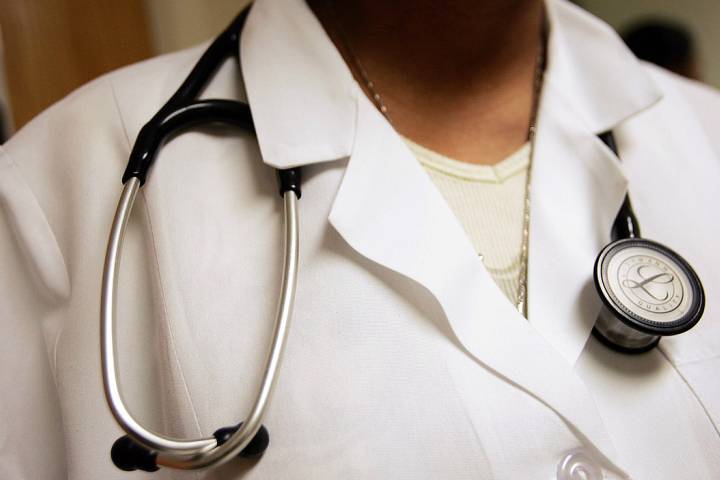Health officials say surgeries at Aberdeen Hospital in New Glasgow, N.S., will resume this weekend.

Surgical services were halted at the facility on April 2, 2020, after a hospital employee tested positive for COVID-19.
A number of staff and physicians at the hospital were advised to self-isolate and have since undergone testing.
Close monitoring has determined the staff and physicians can be considered COVID-negative and are safe to return to work.
The Nova Scotia Health Authority (NSHA) says that surgical services — which include urgent and general surgery as well as orthopedic surgery and obstetrics — will resume on Saturday at 8:00 a.m.

There was no direct patient contact, the NSHA said in a press release.
Any patients from Aberdeen Hospital that were temporarily directed to the Colchester East Hants Health Centre in Truro, N.S., or St. Martha’s Regional Hospital in Antigonish, N.S., will once again be able to receive support in New Glasgow.
Questions about COVID-19? Here are some things you need to know:
Health officials caution against all international travel. Returning travellers are legally obligated to self-isolate for 14 days, beginning March 26, in case they develop symptoms and to prevent spreading the virus to others. Some provinces and territories have also implemented additional recommendations or enforcement measures to ensure those returning to the area self-isolate.
Symptoms can include fever, cough and difficulty breathing — very similar to a cold or flu. Some people can develop a more severe illness. People most at risk of this include older adults and people with severe chronic medical conditions like heart, lung or kidney disease. If you develop symptoms, contact public health authorities.
To prevent the virus from spreading, experts recommend frequent handwashing and coughing into your sleeve. They also recommend minimizing contact with others, staying home as much as possible and maintaining a distance of two metres from other people if you go out.
For full COVID-19 coverage from Global News, click here.
- ‘She gets to be 10’: Ontario child’s heart donated to girl the same age
- Bird flu risk to humans an ‘enormous concern,’ WHO says. Here’s what to know
- Shoppers faces proposed class action over claims company is ‘abusive’ to pharmacists
- Buzz kill? Gen Z less interested in coffee than older Canadians, survey shows





Comments